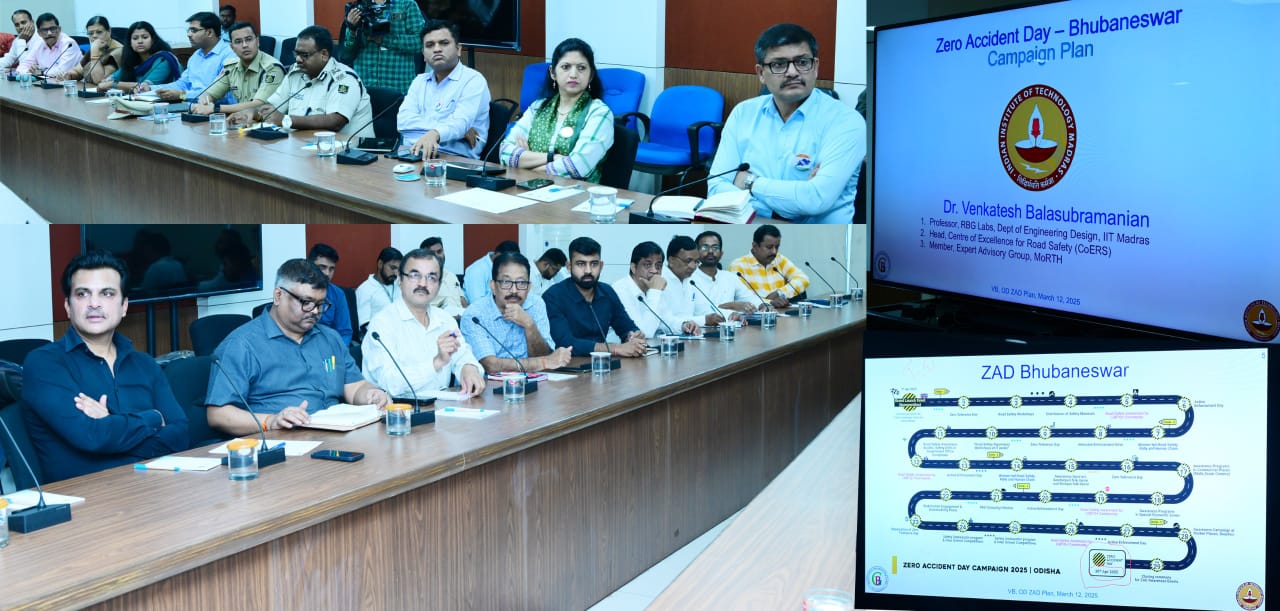In recent years, India has witnessed a seismic shift in consumer behavior with the rapid rise of Quick Commerce (QC) services. Quick Commerce refers to the lightning- fast delivery of goods and services, often within hours or even minutes of ordering, through digital platforms. This transformative trend is reshaping the retail landscape, providing unparalleled convenience to consumers and posing both challenges and opportunities for businesses.
Emergence of Quick Commerce
The proliferation of smartphones, widespread internet access, and digital payment systems has fueled the growth of Quick Commerce in India. Consumers, accustomed to instant gratification and convenience, are increasingly turning to QC platforms for their daily needs, ranging from groceries and meals to pharmaceuticals and electronics.
Key Players and Market Dynamics
Several key players have emerged as frontrunners in the Quick Commerce space in India. Companies like Swiggy, Zomato, Dunzo, and Flipkart Quick have established themselves as major players, leveraging their vast networks, technology infrastructure, and logistics capabilities to offer lightning-fast deliveries. The market dynamics are characterized by intense competition, rapid innovation, and strategic partnerships. Traditional brick-and-mortar retailers are also venturing into the QC space, realizing the importance of digital transformation in meeting evolving consumer demands.
Consumer Trends and Preferences
The rise of Quick Commerce is closely tied to shifting consumer trends and preferences. Today's consumers prioritize convenience, speed, and reliability in their shopping experiences. The ability to order essential items with a few taps on a smartphone and receive them promptly at their doorstep has become a game- changer in the retail industry. Moreover, the COVID- 19 pandemic accelerated the adoption of Quick Commerce as consumers sought contactless shopping options and home delivery services for safety reasons. This trend is expected to persist, with QC becoming a permanent fixture in the retail ecosystem.
Impact on Traditional Retailers
While Quick Commerce offers immense benefits to consumers, its rapid ascent has posed challenges for traditional retailers, particularly small businesses. The convenience and efficiency of QC platforms have led to a shift in consumer preferences, with many opting for online purchases over traditional retail outlets. However, savvy retailers are adapting to this new reality by embracing digital technologies, partnering with QC platforms, and enhancing their online presence. Omnichannel strategies that seamlessly integrate offline and online channels have become essential for retailers looking to thrive in the era of Quick Commerce.
Logistics and Infrastructure Challenges
The success of Quick Commerce hinges on robust logistics and infrastructure capabilities. Timely and efficient delivery, last-mile connectivity, inventory management, and scalability are critical factors that determine the effectiveness of QC operations. Logistics providers and technology companies are investing heavily in optimizing their delivery networks, leveraging data analytics, artificial intelligence, and automation to ensure smooth operations. However, infrastructure bottlenecks, traffic congestion, and regulatory hurdles remain persistent challenges that require collaborative solutions from the government and industry stakeholders.
Employment Opportunities and Economic Impact
The rise of Quick Commerce has also created significant employment opportunities across various sectors. From delivery executives and warehouse staff to tech professionals and customer support teams, QC platforms have become major job creators, especially in urban areas. Furthermore, the economic impact of Quick Commerce extends beyond employment generation. It fuels consumption, drives innovationin supply chain management, encourages entrepreneurship, and contributes to GDP growth, making it a vital engine of India's digital economy.
Future Outlook and Regulatory
Considerations As Quick Commerce continues its rapid ascent, the future outlook remains promising yet complex. Regulatory considerations, such as data privacy, consumer protection, taxation, and competition, will play a crucial role in shaping the QC landscape. Government policies that foster innovation, promote fair competition, ensure consumer rights, and address environmental sustainability will be instrumental in harnessing the full potential of Quick Commerce while mitigating potential risks and challenges. In conclusion, the rise of Quick Commerce in India represents a paradigm shift in retail dynamics, driven by technological advancements, changing consumer behavior, and market forces. Embracing this transformative trend and navigating its challenges with strategic foresight and collaboration will be key to unlocking the vast opportunities that Quick Commerce offers in India’s dynamic retail ecosystem.
Courtesy: Riya Agarwal
For more details visit:
https://1drv.ms/b/c/e8947298b2d13e63/EQA3tLKHsvhPpbhEQmGm-08BM4rgXUsvJr3gnez2MqoCUg


















































